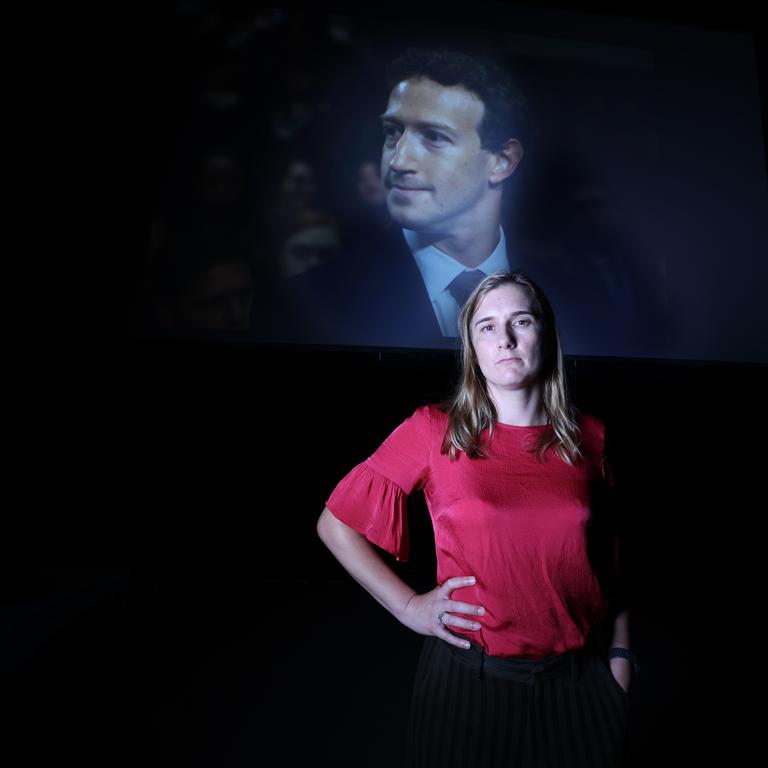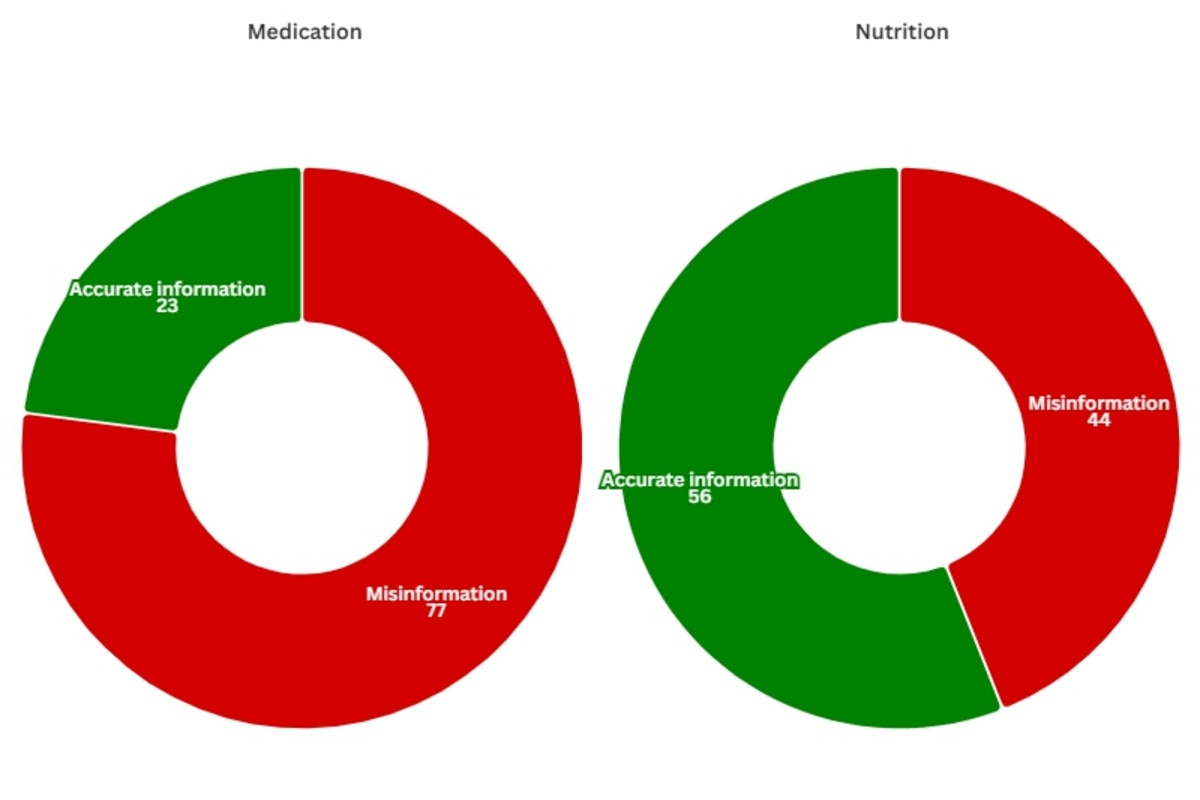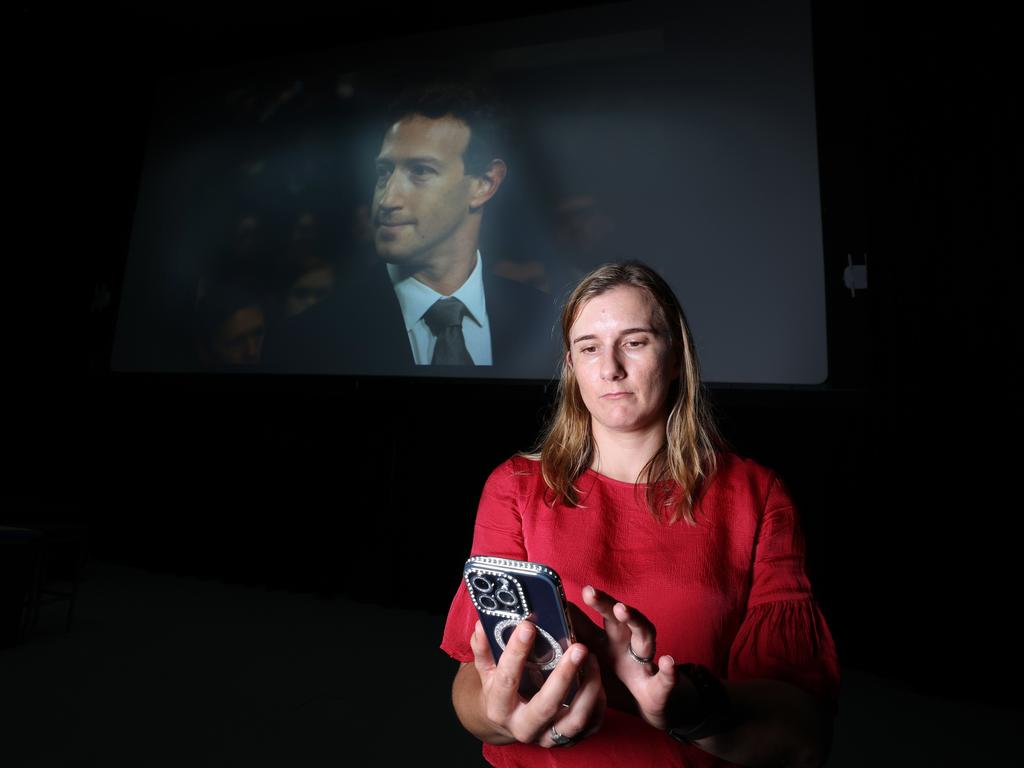Bond University expert explains what Facebook and Meta change means for you
Experts are sounding the alarm after bombshell changes were announced by the company behind Facebook, with warnings that people’s health could be severely impacted.

Gold Coast
Don't miss out on the headlines from Gold Coast. Followed categories will be added to My News.
Health experts are sounding the alarm after Meta – the parent company behind Facebook, Instagram and WhatsApp – announced it was ditching fact checking.
Bond University assistant professor of medicine Dr Jessica Stokes-Parish, who is also an intensive care nurse, said data already showed 44 per cent of nutrition posts on Instagram and 77 per cent of medication related messages on WhatsApp contained inaccurate information.
Dr Stokes-Parish warned those stats were likely to get “a lot worse” after the bombshell announcement from Meta CEO Mark Zuckerberg that fact checkers were being shown the door in favour of a community notes system similar to that used by Elon Musk’s X platform.
She said the change by X, formerly known as Twitter, had seen a significant increase in hate speech and a proliferation of “outright false and even absurd information.”

“This is a precursor for what might happen with Facebook and Meta,” she said.
“We know even with the fact checking there was already high amounts of misinformation. I can only hypothesise that without fact-checking, or moderating, we’re going to see a real increase.”
The health professional said the change furthered the potential for people to be “bombarded” with inaccurate data – putting the onus on individuals to work out what’s true and what’s not.
“For the last five years, global organisations, health organisations, have been saying misinformation is a threat and is going to be one of the top threats to health,” Dr Stokes-Parish said.

“We’re just seeing that come to fruition. When I’m on the floor working with patients, I hear it all the time – incorrect information and confusion either hindering health or about how to manage health.”
Among the concerns linked to misinformation being spread online was a reduction in the number of people using sunscreen, declining vaccinations rates and mistrust of health professionals.
“A lot of the challenges we come up against is people are more likely to believe information from somebody they trust – friends, family – and if they’re sharing information that’s inaccurate and you believe what they’re saying, then you may make ill-informed decisions for your health,” she said.

“If there’s no way of verifying who’s allowed to give fact-checking as part of this community driven system, then it means that you’re essentially saying that all opinions are worthy contenders for truth, and that’s certainly not the case. Not all opinions are worthy contenders for truth.”
The assistant professor said people need to learn systematic strategies to fact check information for themselves.
THE ‘CRABS’ METHOD OF CHECKING CLAIMS
C: Conflict of interest
What’s the motive behind the person posting this? Are they trying to get kudos, or is there a financial of political incentive.
R: References
Do they share any evidence or reputable sources?
A: Author
Who’s the person, do they have any qualifications? What’s their background?
B: Buzzwords
What jargon or language is being used that is trying to either induce fear or create disgust or a strong emotive reaction, because that’ll impede your ability to think.
S: Scope of practice
Related to A, but checking if it is a health professional or a qualified individual. Are they talking about something that’s within their area of expertise?
More Coverage
Originally published as Bond University expert explains what Facebook and Meta change means for you








